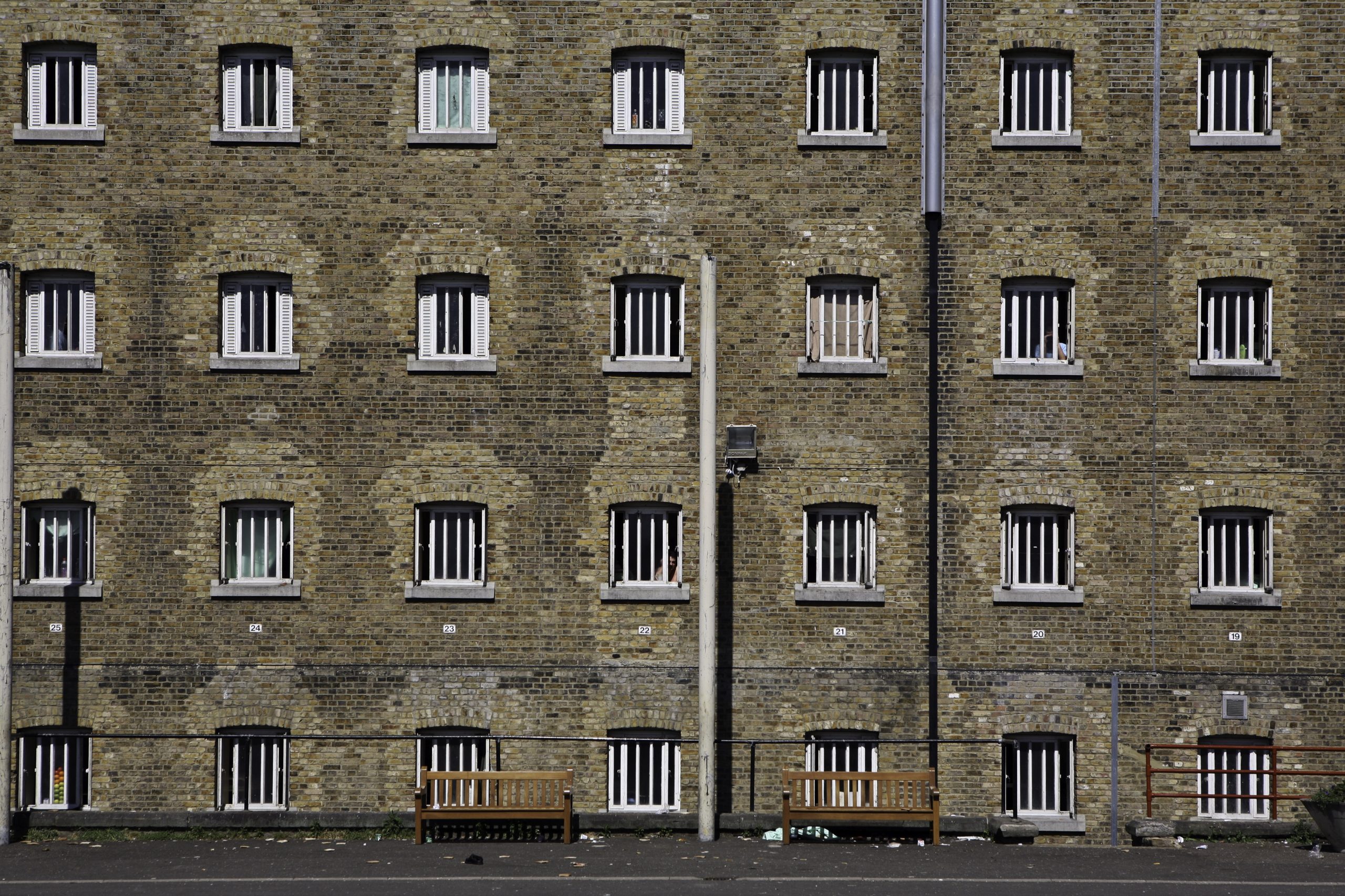A report by the Public Accounts Committee (PAC) has found a significant decline in the quality of support given to prison leavers, which is predicted to increase the likelihood that prisoners will reoffend once released.
The report found that no prisons were rated as ‘good’ by HM Inspectorate of Prisons for their work on rehabilitation and release planning. Ratings are judged based on the ability of prison leavers to find a place to live, find a job, and healthcare quality. This was a sharp decline from the ratings released in 2019-2020 where 30% of prisons were rated as good. The report further highlights an inequality in employment rates for Black or female prison leavers compared with their white male counterparts.
Charlie Taylor, Chief Inspector of Prisons, stated that unsentenced prisoners are also suffering from poor resettlement provisions, leaving many unable to secure accommodations or alleviate debt. The PAC is calling for an action plan from HM Prison & Probation Services (HMPPS) to improve support for those who leave the prison system.
The increase in prison population and prison staff shortages have contributed to the decline in support quality. According to the report, the prison population was at around 99% (84,400) of safe capacity in March 2023. The government has forecast that the prison population could grow well past a safe capacity, predicting a prison population of 93,100-106,300 by March 2027.
Despite the spike in population, prison staff numbers are declining. In 2021-2022, 8% of probation officers left the service which further decreased the amount of support available for released prisoners. The HMPPS told the inquiry of work to improve recruitment and retention, but PAC is worried that the new staff will not have the experience necessary to effectively manage the caseload of newly released prisoners.
Dame Meg Hillier MP, Chair of the PAC, asserted that prisoners released without support are likely to reoffend. She further states that this ultimately ‘undermines the public safety and any hope of rehabilitation through the justice system while costing the taxpayer billions of pounds.’ There is a need for a long-term strategy to improve resettlement services for prison leavers in order to reduce reoffending and make efficient use of taxpayer money.







